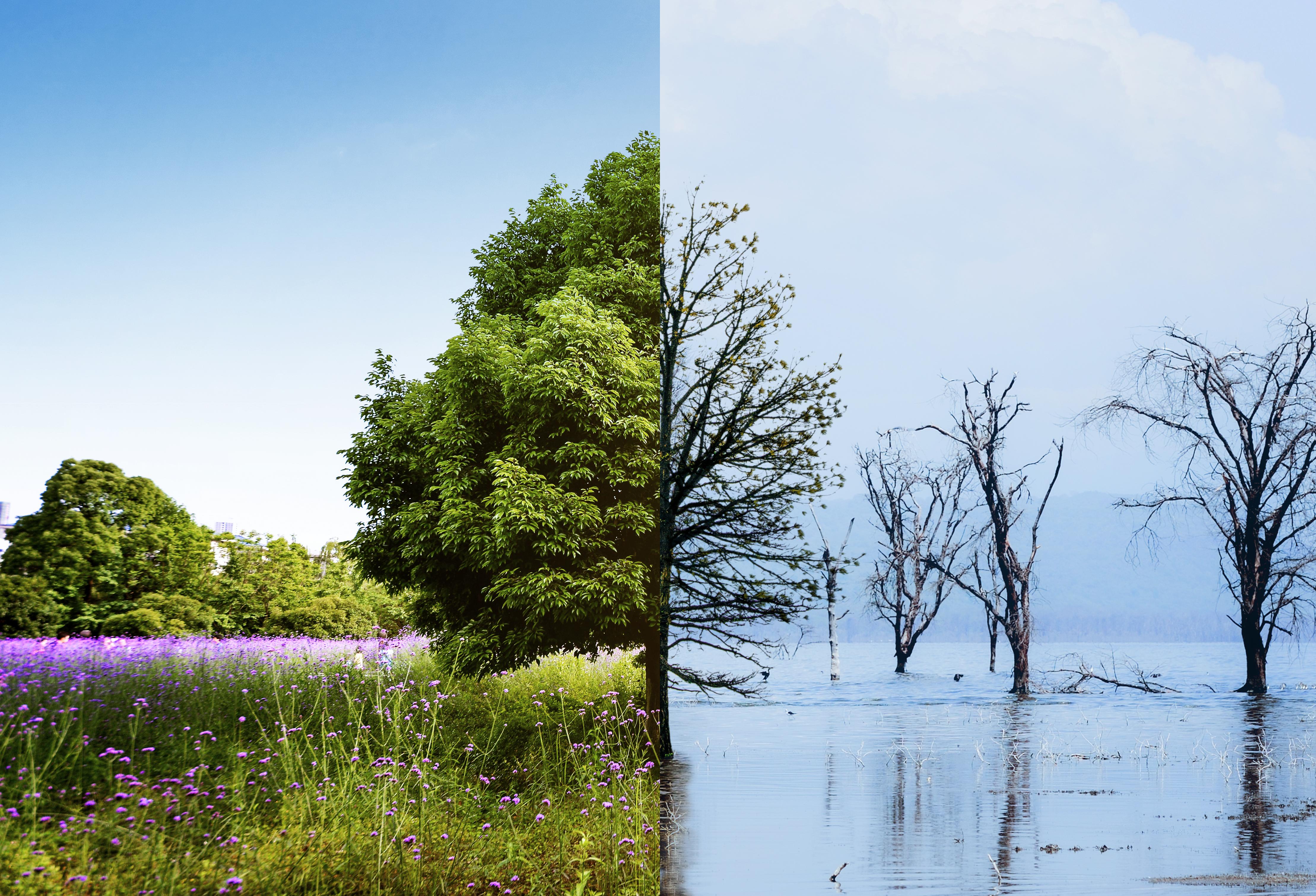Humans versus Nature: An Ecophobic Study of Vasconcelos’ “The Boar Hunt”
Keywords:
Ecophobia, Ecocriticism, Human-Nature Conflict, Environmental ExploitationAbstract
This paper examines the short story The Boar Hunt by Mexican writer and philosopher José Vasconcelos through the lens of Simon C. Estok’s concept of ecophobia. The study analyzes the ways in which the characters in the story demonstrate hostility toward the natural world and explores the underlying factors contributing to this animosity. Additionally, it examines the consequences of this irrational hatred and how it ultimately affects the characters themselves. The analysis concludes that the characters’ inclination to exploit nature is a clear manifestation of ecophobia. Their behavior—engaging in the hunting and killing of boars for mere personal pleasure—emerges from a deep-rooted perception of nature as hostile, untamed, and dangerous. This adversarial outlook fuels ecophobic tendencies, prompting the characters to exploit the natural world without considering the potential repercussions. Moreover, the study reveals that such exploitative mindsets ultimately result in harmful consequences for the characters themselves. The violent retaliation by nature, symbolized by the boars' counterattack, serves as a powerful reminder of the risks involved in viewing nature solely as a resource to be dominated. The findings underscore the urgent need to re-evaluate human attitudes toward the environment. By shifting from exploitation to coexistence, humanity can begin to reverse the damage inflicted on the environment and move toward a more sustainable and balanced future.
Downloads
References
1. Abdullah, L. A., & Mohammed, R. K. (2021). The effect of Nature in Thomas Hardy's Poetry. Psychology and Education, 1023-1026.
2. Estok, S. C. (2009). Theorizing in a Space of Ambivalent Openness: Ecocriticism and Ecophobia. Interdisciplinary Studies in Literature and Environment, 203-225.
3. Estok, S. C. (2018). The Ecophobia Hypothesis. New York: Routledge.
4. Gomides, C. (2006). Putting a New Definition of Ecocriticism to the Test: The Case of The Burning Season, a Film (Mal)Adaptation. Interdisciplinary Studies in Literature and Environment, 13-23.
5. Hall, J. B. (1965). The Realm of Fiction: 61 Short Stories. United States of America: McGraw-Hill Book Company.
6. Jana, T. (2020). Tragedy and Ecophobia: A Study of William Shakespeare’s Macbeth and J.M. Synge's Riders to the Sea. Rupkatha Journal on Interdisciplinary Studies in Humanities, 1-6.
7. Liu, A. (1989). Wordsworth: The Sense of History. California: Standford University Press.
8. Liwaa Ahmed Abdullah, R. k. (2021). The Effect of Nature in Thomas Hardy's Poetry. Psychology and Education, 1023-1026.
9. Saindane, M. N., & Mhalunkar, D. R. (2023). Ecophobia: Nature As A Destroyer In Arundhati Roy's The God Of Small Things. Journal of English Language, Literature, and Criticism, 39-46.
10. Sobel, D. (1996). Beyond Ecophobia. Massachusetts: Nature Literacy Series.
11. sofi, N. u.-d. (2013). Treatment of nature by romantic poets. Journal of Humanities and Social Science, 81-83.

Downloads
Published
Issue
Section
License
Copyright (c) 2024 Shehryar Ali (Author)

This work is licensed under a Creative Commons Attribution-NonCommercial 4.0 International License.
Authors retain the copyright of their work. All articles in Scholar Insight Journal are published under the terms of the Creative Commons Attribution 4.0 International License (CC BY 4.0).
This license permits anyone to read, download, copy, distribute, print, search, or link to the full texts of the articles, and to use them for any other lawful purpose, without asking prior permission from the author(s) or the publisher, provided proper attribution is given to the original work.




